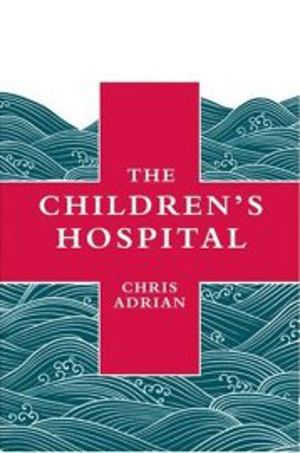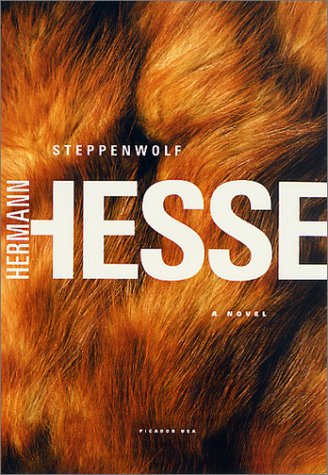Rings of Saturn

Location
“There’s something about Rings of Saturn that speaks directly to me as a writer. Maybe it’s that the book begins in a hospital in East Anglia, where the narrator, a writer and traveler himself—so overwhelmed by both the horrifying remains of war and his own creative ennui that he has become physically immobilized—has checked himself in. Maybe it’s the opening page, wherein he meditates so deeply upon all that he can see—a small patch of grey sky peeking through the window above his hospital bed—and his desire to crawl on his hands and knees just to get a glimpse of the city outside. Or maybe it’s the way that I, in the depths of February in New York City, identified with his angst. I felt mired in the ever-swelling mass that was my graduate thesis, unable to figure out what I wanted to say. My collection—which was very much about Europe, and the human cycle of destruction and recovery—felt stagnant. The stories within it felt old. I longed to travel again, see new places, bring old stories to life and start new ones. Rings of Saturn helped me do just that. The book, like many of Sebald’s books, is a hybrid—part novel, part memoir, part travelogue—whose interwoven stories meander through time and space, through present and past, while meditating on ideas of memory, war, and the obliteration and rebirth of a continent. The prose is curious, its stories strange; the narrator’s words—laden throughout with ghost-like images of fire, rubble, and devastation—are thick and ethereal, yet somehow accessible. The reader often wonders what is fact and what is fiction, but never seems to mind that the distinction can’t be made. Sebald—as he always does best—takes a journey (in this case, a trek on foot across the countryside), and brings his reader along, allowing her to meander beside him, while telling the stories of not just his travels, but of things much larger, much older, and, by the time both he and his reader make it to the end, something much more illuminating.”









